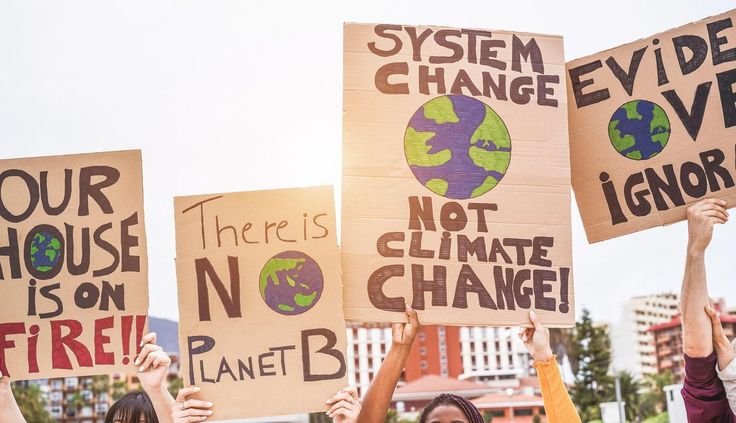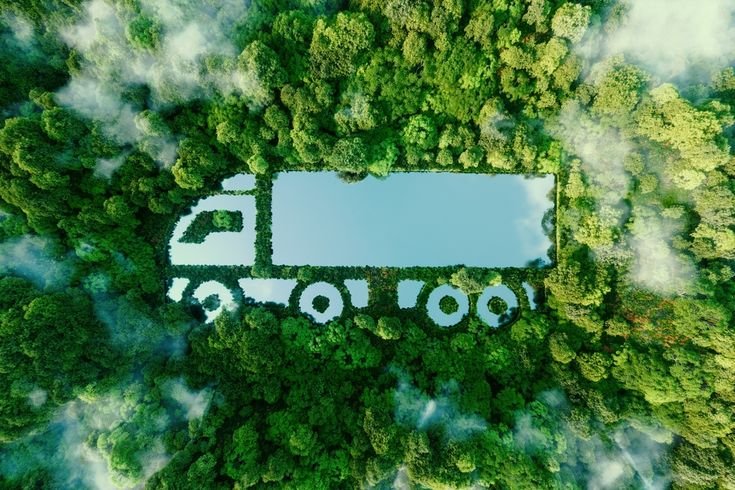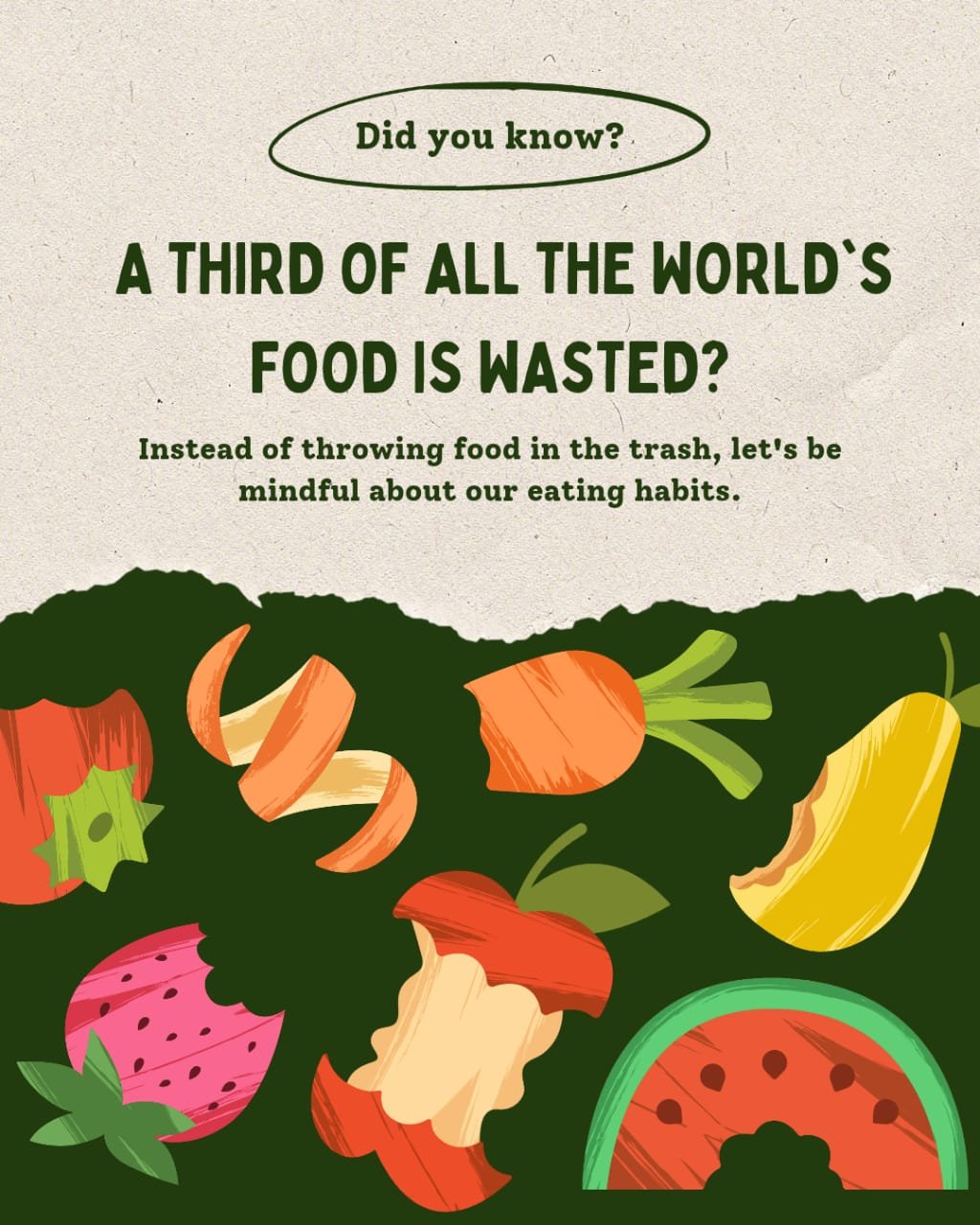Climate Change Progress
The threat of climate change progress is no longer decades or centuries away, it’s upon us. Our planet is changing at an unprecedented pace, as we see temperatures rise and more extreme weather patterns and ecological disruptions. Yet despite global action, emissions keep climbing, and Earth is poised to soon descend into a running-uncontrolled planetary heating condition. Climate change is increasingly affecting the environment with expanding deserts, more heatwaves and increased number of wildfires. There’s a growing clamor for climate action around the globe, with 86% of people wanting international action concerted action, according to a survey from the United Nations Development Program.

So where are we now? And more importantly, what kind of future are we heading toward if current trends continue? This blog takes a deep dive into the present and future conditions of our rapidly changing climate.
What steps have been taken globally to combat climate change?
In recent years, Climate change progress is one of humanity’s greatest challenges, and over the past few decades, the world has taken significant steps to address it. While progress has been uneven, international agreements, policy shifts, technological innovations, and grassroots movements have all contributed to the fight against global warming. Governments around the world have pledged to reduce carbon emissions and transition to renewable energy sources.
Kyoto Protocol (1997)
First global treaty to cut greenhouse gas emissions.
Required developed nations to reduce emissions by 5% below 1990 levels (2008–2012).
Weakness: U.S. didn’t ratify; no binding targets for China/India.
Paris Agreement (2015)
195 countries pledged to limit warming to below 2°C (ideally 1.5°C).
Nations submit NDCs (climate action plans)—but most are off-track.
COP26 (2021) & COP28 (2023)
COP26: “Phase down coal” pledge; stricter emission reviews.
COP28: First global deal to transition away from fossil fuels (but loopholes exist).
Phasing out fossil fuels:
Several countries have pledged to stop new coal plants (e.g., UK, Canada).
Banks and investors are divesting from oil and gas industries.
Carbon pricing (like carbon taxes or cap-and-trade systems) is being adopted in regions such as the EU and Canada.
- (But fossil fuels still dominate, and 1.5°C is unlikely.)
Electric vehicles (EVs):
Global EV sales are growing rapidly, with countries like Norway nearing 100% EV market share.
Major automakers (e.g., GM, Ford, Toyota) are pledging to stop producing gas-powered cars by 2035–2040.
City-level changes:
Investments in public transit, bike lanes, and car-free zones are reducing urban emissions.
Smart cities are using data to manage energy use and traffic more efficiently.

The Importance of Individual Actions
International efforts are important, but even modest individual acts add up to make a big difference in the climate. We can significantly reduce greenhouse gases by making thoughtful decisions like using public transportation, conserving energy, and patronizing sustainable companies. Every individual action adds to a broader movement, demonstrating that daily choices and individual acts are the first steps toward true change. In summary, although international agreements and policies establish the foundation for climate action, personal initiative is where true change starts. Our carbon footprint is shaped by all the choices we’re make on a daily basis, including what we eat and how we travel. The impact is transformative when millions of citizens adopt sustainable habits.
Every person in the world should follow these steps :
- Voice your concerns
- Vote
- Switch to Renewable Energy
- Reduce Food Waste
- Buy Local & Seasonal
At the last portion of my blog I will conclude some strategies to control adverse climate change.
Supporting EV growth
Supporting the growth of Electric Vehicles (EVs) is a crucial part of the global strategy to combat climate change, as transportation is one of the largest contributors to greenhouse gas emissions. Here’s a breakdown of how the world is—and can continue—supporting EV growth effectively:
Why EV Growth Matters?
- Transportation accounts for ~24% of global CO₂ emissions.
EVs emit zero tailpipe emissions, and even with electricity from fossil fuels, they are generally cleaner over their lifecycle than gasoline/diesel vehicles.
As electricity grids become greener, EVs become increasingly low-carbon.
Reduce Wastage of Food
Food waste contributes 8–10% of global greenhouse gas emissions, which is more than the aviation sector as a whole. This makes it a hidden driver of climate change. Over a 20-year period, food waste in landfills releases methane, a gas 80 times more potent than CO2.
By 2030, the UN Sustainable Development Goal (SDG 12.3) seeks to cut the amount of food waste per person in half.
Laws in nations like France and Japan mandate that supermarkets donate unsold food instead of discarding it.
Businesses are turning food that would otherwise go to waste into products (such as flour made from spent grain or juices from “ugly” fruits).
Compost reduces landfill methane, even if you don’t garden.
Not even a backyard? Try:
Bokashi bins for indoor composting.
Programs for community composting (many cities collect scraps).

Protecting Northern Forests
Protecting northern forests is crucial for slowing down climate change, preserving biodiversity, and supporting communities. Here are key strategies for their conservation:
1. Combat Climate Change
Reduce greenhouse gas emissions to limit warming, which adversely affects northern forests.
Protect carbon-rich peatlands and permafrost regions from degradation.
2. Sustainable Forestry Practices
Implement selective logging instead of clear-cutting to maintain ecosystem integrity.
Certify forests through FSC (Forest Stewardship Council) or SFI (Sustainable Forestry Initiative).
Promote longer harvest cycles to allow forests to regenerate.
3. Protect Biodiversity
Establish protected areas and wildlife corridors to safeguard species like caribou, wolves, and migratory birds.
Limit road construction to reduce habitat fragmentation.
Control invasive species that threaten native ecosystems.
Enhancing Climate Resilience
The ability of ecosystems, systems, and communities to foresee, prepare for, respond to, and recover from the negative consequences of climate change is known as climate resilience. In the face of growing climate volatility, resilience building is crucial for maintaining development, safeguarding lives, and maintaining ecosystems.
1. Nature-Based Solutions (NBS)
Restore wetlands, mangroves, forests, and grasslands to reduce flooding and sequester carbon.
Use green infrastructure (e.g., urban trees, green roofs) in cities to reduce heat and manage water.
Protect biodiversity as a foundation for adaptive ecosystems.
2. Resilient Infrastructure
Design buildings, roads, and energy systems to withstand extreme weather (heatwaves, floods, storms).
Relocate critical infrastructure away from high-risk zones (e.g., coastlines, floodplains).
Use climate data in engineering standards and zoning laws.
3. Community Empowerment
Support local adaptation plans and community-led climate initiatives.
Build social safety nets, especially for vulnerable groups (e.g., Indigenous peoples, low-income communities).
Promote climate education and awareness campaigns.
In conclusion, the fight against climate change progress requires both large-scale efforts and personal accountability. By staying informed and actively participating in climate-friendly practices, we can all contribute to the progress needed to combat this global crisis. Stay tuned for more updates as we continue to monitor the ongoing climate change progress.

FAQ’S
- Is there any progress with climate change?
Yes — there’s measurable progress on several fronts, though it’s still not enough to meet the 1.5 °C Paris target. Here are key positive developments:
- In 2025, global clean‑energy investment reached about $2.2 trillion, more than double spending on fossil fuels.
- 92% of new power capacity in 2024 came from renewables (~585 GW), with solar and wind accounting for 96.6% of that
- What is the progression of climate change?
Renewables and EVs are expanding, but CO₂ levels keep rising; without faster cuts, the 1.5°C goal will soon be out of reach. The rate of warming since 1982 is more than three times as fast: 0.36° F (0.20° C) per decade.
- How hot will the earth be by 2050?
By 2050, Earth is projected to warm by 1.5 °C to 2.5 °C above pre-industrial levels, depending on global emissions.
Higher emissions could push warming toward the upper end, increasing extreme weather and sea level rise.
- What is the current status of global climate change?
May 2025 ranked as the second-warmest May on record, at 1.4 °C above pre-industrial levels, with 21 of the past 22 months exceeding 1.5 °C
Also, Renewable energy (solar/wind) now supplies 30% of global electricity, and EV sales are booming. But CO₂ levels (424 ppm) and fossil fuel use still hit record highs, putting the 1.5°C goal at risk by 2030s.
- Will climate change stop by 2050?No, climate change will not stop by 2050—but its severity depends on today’s actions. Even with drastic emission cuts, warming and impacts (like sea-level rise) will continue for decades due to past CO₂. However, we can still avoid the worst-case scenarios by our individualistic approach.
If you want to know about quantum computing stocks
